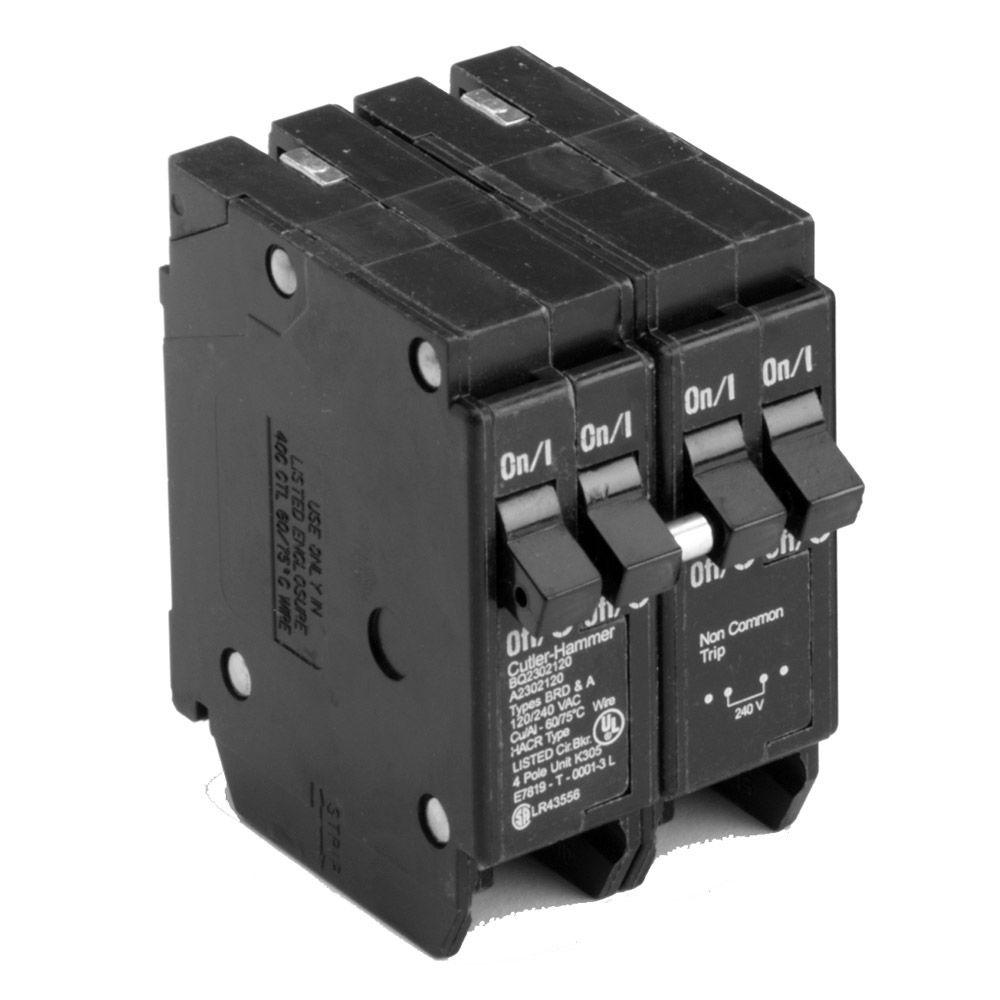Discover various information about Can I Use A 20 Amp Breaker Instead Of 15 here, hopefully fulfilling your information needs.

Can I Use a 20 Amp Breaker Instead of a 15 Amp Breaker?
Have you ever been in a situation where you needed to replace a circuit breaker in your home, but you didn’t have the right size breaker on hand? You may have wondered if it’s okay to use a breaker with a higher amperage rating than the original one. While it may seem like a harmless solution to get your power back on, using a higher amperage breaker can pose serious risks to your home and loved ones. In this article, we will explore the dangers of using a 20 amp breaker instead of a 15 amp breaker, and we will provide a comprehensive overview of circuit breakers to help you understand the importance of using the correct amperage.
Before we delve into the technical details, it’s crucial to understand the basic function of a circuit breaker. A circuit breaker is a safety device designed to protect electrical circuits from excessive current flow. It acts as a switch that automatically opens when the current exceeds a predetermined level, preventing damage to electrical components and reducing the risk of electrical fires.
Circuit Breaker Basics
Circuit breakers are rated for a specific amperage, which indicates the maximum amount of current they can handle safely. This amperage rating is crucial because it ensures that the breaker will trip before the current reaches a dangerous level. Using a breaker with a higher amperage rating than the circuit it’s protecting can lead to catastrophic consequences.
When a circuit breaker is overloaded, it cannot effectively protect the circuit. The excessive current can overheat wires, causing them to melt and potentially start a fire. Additionally, using a higher amperage breaker can damage appliances and electronic devices connected to the circuit.
Why You Shouldn’t Use a 20 Amp Breaker Instead of a 15 Amp Breaker
The dangers of using a 20 amp breaker instead of a 15 amp breaker are numerous. Here are some key reasons why you should avoid this practice:
- Fire Hazard: A 20 amp breaker will allow more current to flow through the circuit than a 15 amp breaker, increasing the risk of overheating wires and sparking, which can lead to a fire.
- Circuit Damage: A 20 amp breaker will not trip quickly enough to protect a 15 amp circuit. This can lead to prolonged exposure to high currents, damaging wires, outlets, and switches.
- Appliance Damage: Using a higher amperage breaker can allow more current to flow into appliances than they are designed to handle, potentially damaging or destroying them.
- Electrical Shock: A damaged circuit or appliance can create a shock hazard for anyone who comes into contact with it.
It is crucial to note that mismatched circuit breakers can also lead to electrical code violations, which can affect your insurance coverage and the resale value of your home.
Expert Advice
To ensure electrical safety in your home, always use circuit breakers with the correct amperage rating for the circuits they protect. If you are unsure about the amperage rating of a circuit, consult with a qualified electrician. Replacing a circuit breaker yourself is not recommended unless you have proper training and experience.
Here are some additional tips for maintaining electrical safety:
- Regularly inspect your electrical system for any signs of damage or wear.
- Avoid overloading circuits by plugging too many appliances into a single outlet.
- Never use extension cords as a permanent solution for additional outlets.
- Educate yourself about the basics of electrical safety to prevent accidents.
By following these tips and using circuit breakers with the correct amperage rating, you can help prevent electrical fires, protect your appliances, and ensure the safety of your home and family.
Frequently Asked Questions
Q: Can I use a 20 amp breaker in a 15 amp circuit if I don’t have a 15 amp breaker?
A: No, never use a higher amperage breaker than the circuit it protects. This is extremely dangerous and can lead to electrical fires and other hazards.
Q: What happens if I use a 20 amp breaker on a 14 gauge wire?
A: Using a 20 amp breaker on a 14 gauge wire is dangerous because the wire is not rated to handle that much current. The wire could overheat and potentially start a fire.
Q: How do I know what amperage breaker to use?
A: The amperage rating of the circuit breaker should match the amperage rating of the circuit it protects. You can find the amperage rating of a circuit by looking at the circuit breaker panel or consulting with a qualified electrician.
Q: Is it okay to replace a 15 amp breaker with a 20 amp breaker if the circuit is not overloaded?
A: No, it is never okay to replace a 15 amp breaker with a 20 amp breaker, even if the circuit is not overloaded. Using a higher amperage breaker than the circuit it protects is dangerous and can lead to electrical fires and other hazards.
Conclusion
Using a 20 amp breaker instead of a 15 amp breaker is a serious electrical safety hazard. It can lead to electrical fires, circuit damage, appliance damage, and electrical shock. Always use the correct amperage breaker for the circuit it protects, and if you are unsure about the amperage rating of a circuit, consult with a qualified electrician.
Is this information helpful to you? Do you like to learn more about these materials?

Image: schematicfixfeierabend.z19.web.core.windows.net
You have read an article about Can I Use A 20 Amp Breaker Instead Of 15. Thank you for visiting our site. We hope you benefit from Can I Use A 20 Amp Breaker Instead Of 15.